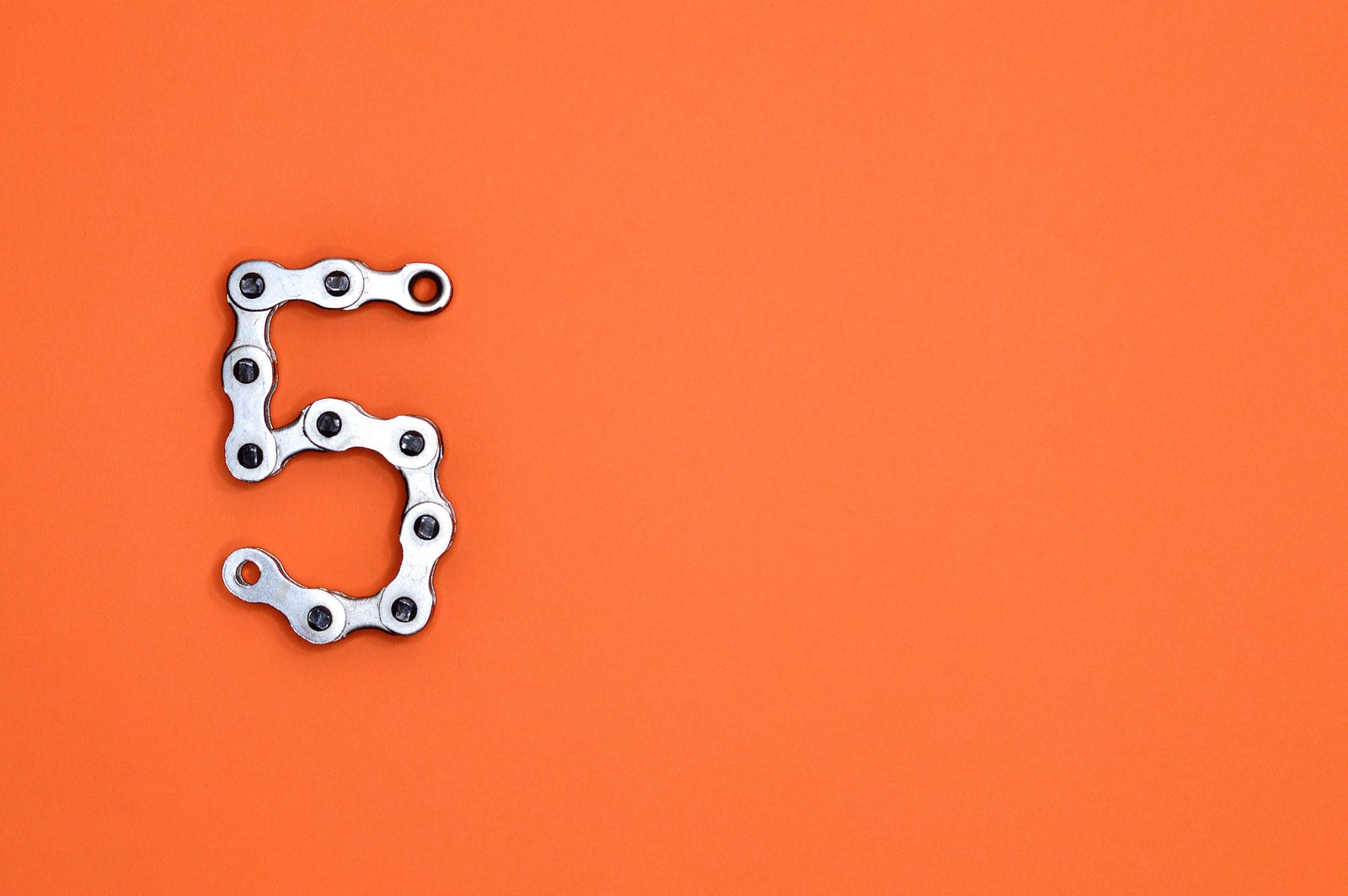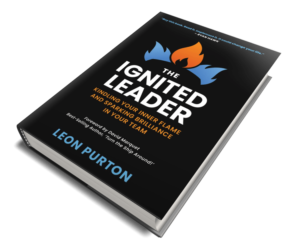
Procrasti-later…
I was actually putting off writing. Before that I was putting off doing the dishes. After this I might put off doing some sit-ups.
I can be a serial procrastinator, choosing to work with bursts of enthusiasm rather than consistent effort. I knuckle down for periods of about 50 minutes, working with relentless focus and making serious progress. Then I need a break. The issue I have is, getting started on the next thing after that short break. I don’t like this about myself. So I’ve been working on it.
I still suck sometimes, but I have found that doing this has helped me, maybe it can help you.
Instagram, Lithuanian Psychologists and Fear
Insta co-founder
I first heard about this from Kevin Systrom, when he discussed his favourite ‘life-hack’ during a short interview with Axios. This short interview has been expanded several times, since during it, he gave some simple yet powerful advice.
The co-founder of Instagram, Kevin, when asked — what is your favourite life-hack — he answered;
If you don’t want to do something, make a deal with yourself to do at least five minutes of it. After five minutes, you’ll end up doing the whole thing
Now, you may not end up doing the whole thing, but at least you will have started. This is perhaps the most important, because there is nothing more difficult than taking the first steps towards finishing that daunting task. However, there is a reason that you are more likely to finish it once you have done it for five minutes.
Bluma’s study
This is due to a phenomenon first noticed in a cafe in Berlin in the 1920’s. It was noted that staff were more likely to remember the outstanding tabs of open orders, than totals of closed or finished orders. A study of this by Lithuanian psychologist Bluma Zeigarnik at the University of Berlin in 1927 highlighted that people who are interrupted during tasks are more likely to remember the steps of the tasks, rather than those who were let finish it. This became known as the Zeigarnik effect — simplistically, the act of finishing makes it more likely that you will forget the details of the task.
So why is five minutes enough to give you momentum to finish? It is the Zeigarnik effect working to your advantage. The unfinished task will play on your mind, your brain will focus on the next steps more often, you will be pestered by the fact that you have not completed it. The unfinished task will annoy you into completing it. Starting will be enough for you to keep going, simply to shut your mind up.
You’re afraid
It is better to live with the uncomfortableness of not starting than it is to risk of starting. Procrastination feels safer, less dangerous. Not starting is refuge in a maelstrom of uncertainty.
Sometimes you aren’t afraid of failure, what about doing the dishes is scary, it just isn’t very fun. However, there are plenty of tasks that are scary, they may even be scaring you away from starting. It turns out that it only takes choosing to do something for five minutes to overcome the fear of the task. To remove the uncertainties and the unknowns, to step into the discomfort and start.
The people that get stuck at this point are the avoider’s and the indecisive’s. They either fear making the decision, or fear their own abilities to be able to do the task.
The get out clause
Here is the thing, you can actually stop after five minutes. You may not finish it, but you will have started it. Everyone can do something for just five minutes, and if you do, you’ll be five minutes closer to the end.
- Don’t want to clean the garage? Just do it for five minutes then go and read a book.
- Don’t want to solve that spreadsheet error? Try for five minutes, then go get your coffee.
- Don’t want to exercise in the morning? Commit to doing just five minutes then go for your shower.
Starting a task and doing just five minutes is enough for habit formation. If you do it for about 40 days, without missing more than two in a row. You will start that as a habit.
So remember, you only have to start something and do it for five minutes. If you can give it five focused minutes, and then no longer want to continue, then stop. This is your get out clause. I know that I can do pretty much anything for just five minutes, If I can, then I believe you can too.
